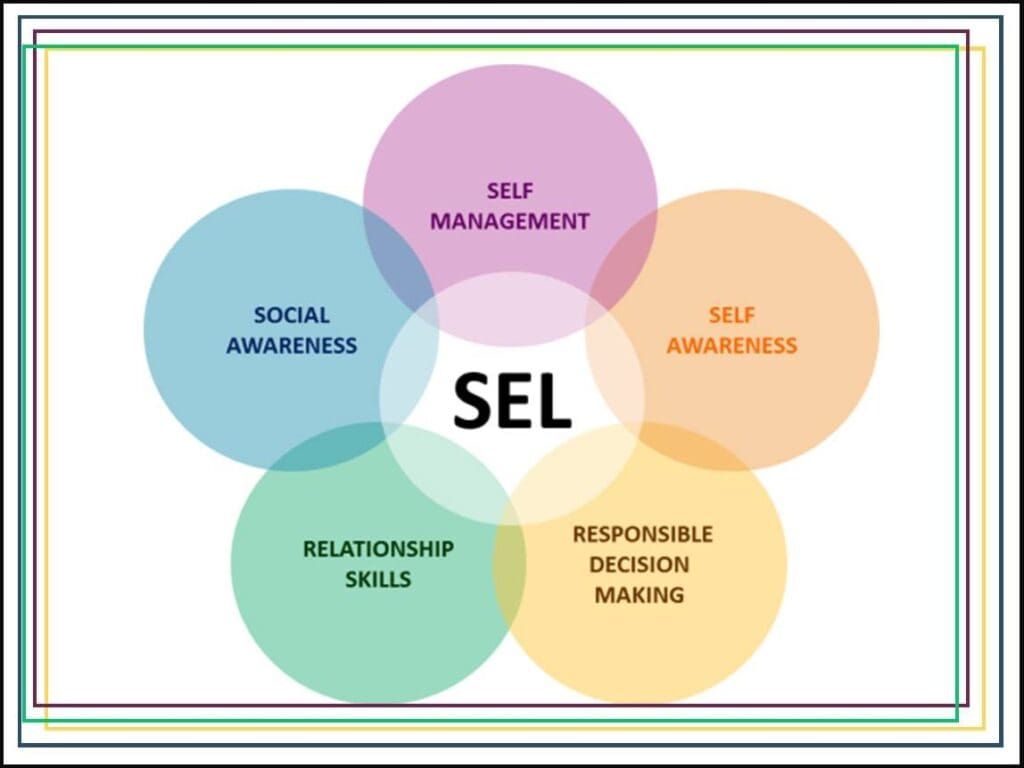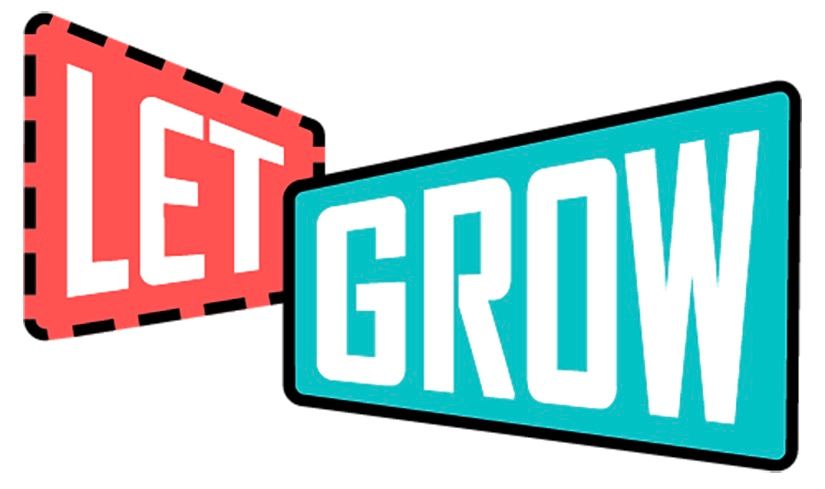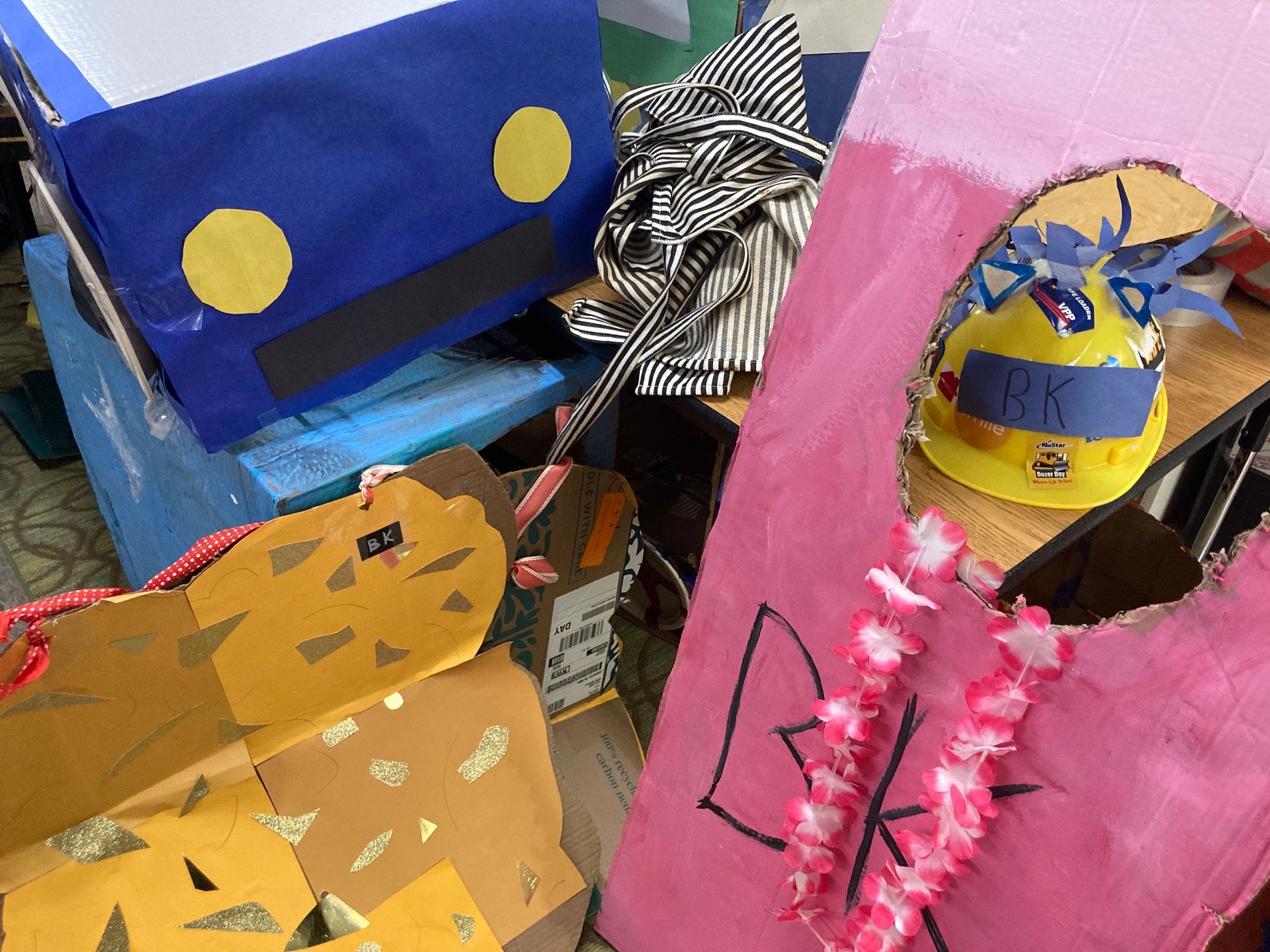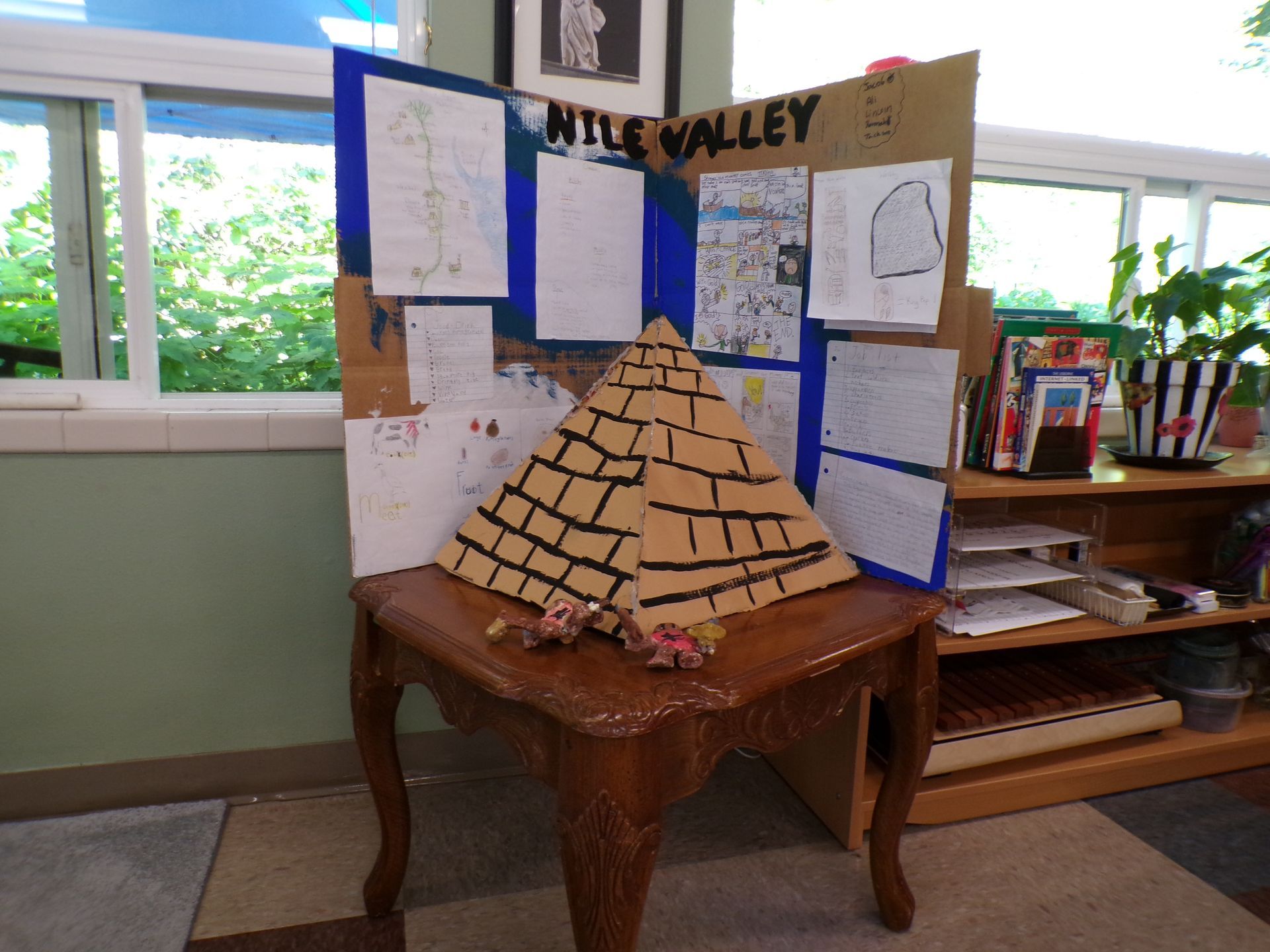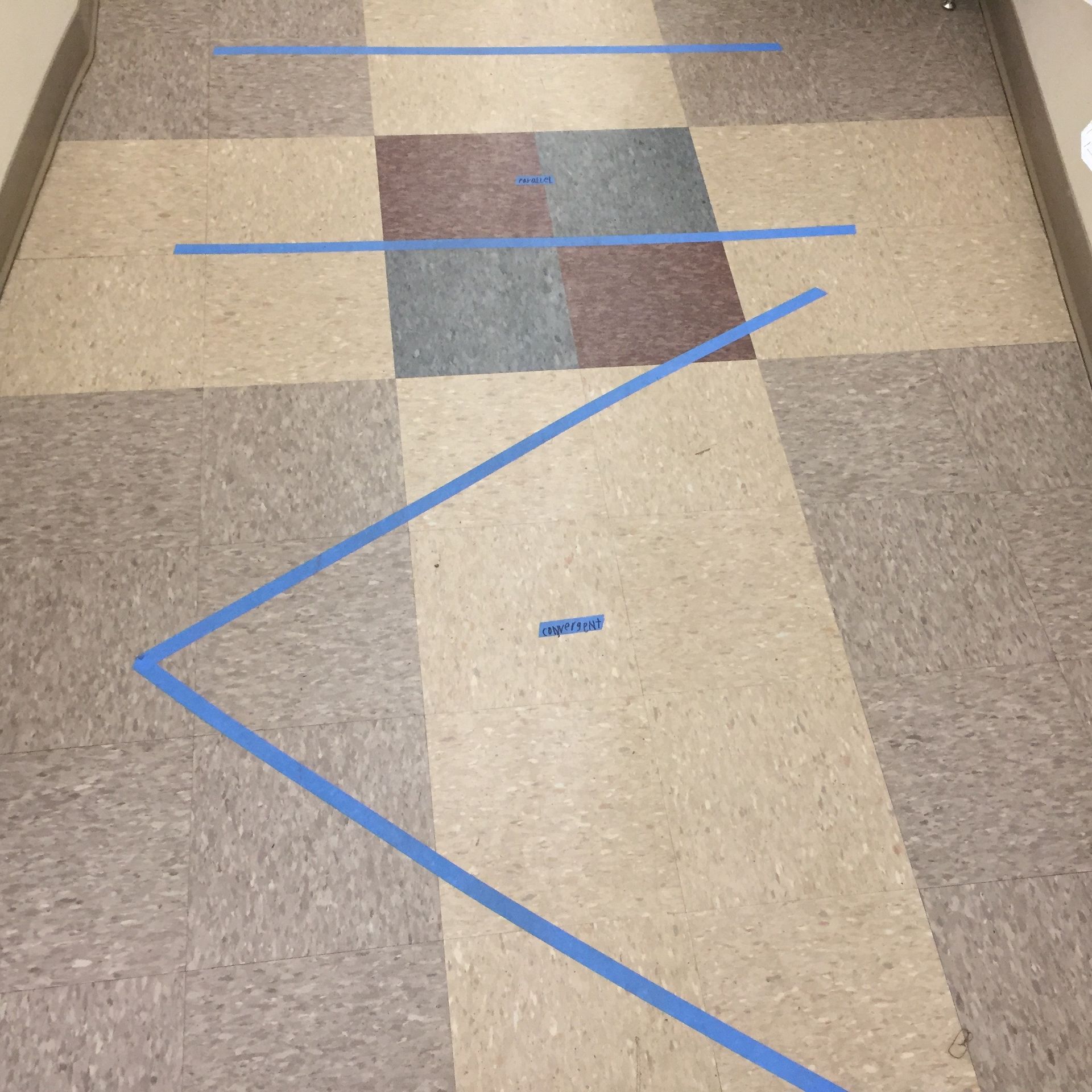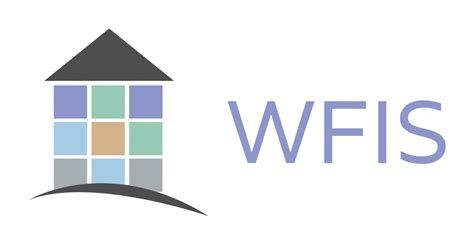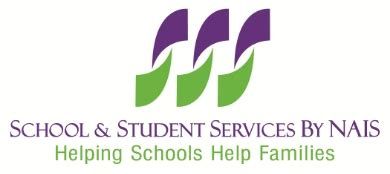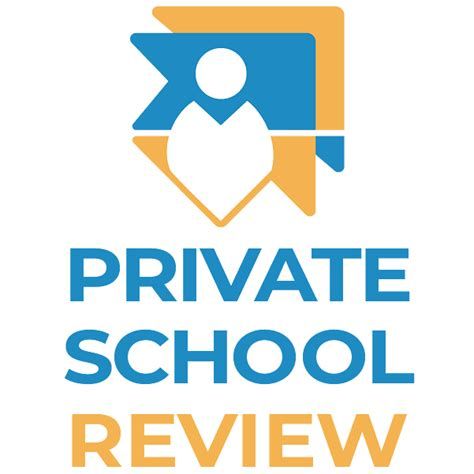Why Stay for Middle School?
You will notice that the Middle School classroom looks very different from the Elementary classrooms, and that the students’ rhythm of work also changes. Why do they have “immersion weeks” for farm work, art, theater, camping or team building, and why did they sell potatoes this year?
IT’S BASED ON KNOWLEDGE OF THE PLANES OF DEVELOPMENT
Montessori adolescent programs are designed with your child’s developmental needs in mind. Maria Montessori pointed out that human development is divided up into recognizable phases, which she called Planes of Development. She split up the first 24 years of life into four planes of development of roughly 6 years each. Around age 12, individuals transition from childhood to adolescence, leaving the 2nd plane of development behind and entering the 3rd plane. This is marked by changes in the body (puberty) and changes in behavior, preferences and interests.
IT RESPONDS TO THE HUMAN TENDENCIES
What Maria Montessori called the Human Tendencies are innate drives or instincts that accompany us throughout life, but which manifest themselves in different ways depending on our stage of development. These include but are not limited to: orientation, communication, order, imagination, abstraction, work, and self-expression. The way these tendencies are expressed changes during the transition from childhood to adolescence.
IT’S CREATED TO ADDRESS THE NEEDS OF THE ADOLESCENT
Knowledge of human development based on Maria Montessori’s lectures and writing helps Montessori adolescent guides create an environment and curriculum that is suitable for their students. Montessori programs are designed with the students and their needs (plane of development and human tendencies) in mind. Here are some of the developmental needs of the adolescents that are addressed in Montessori adolescent programs:
- Need for belonging
- Need for participation in meaningful work & community
- Need for protection and guidance during time of great physical change
- Need for real conversations & social life
- Need for self-expression & physical activity
- Desire to investigate the adult world, topics and work that connect to real life situations
- Need for guidance understanding the adult world in which they will soon take part in
- Interest in developing financial independence


